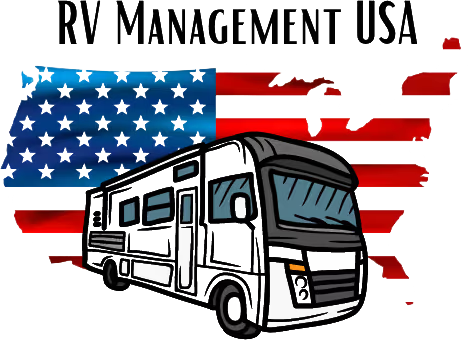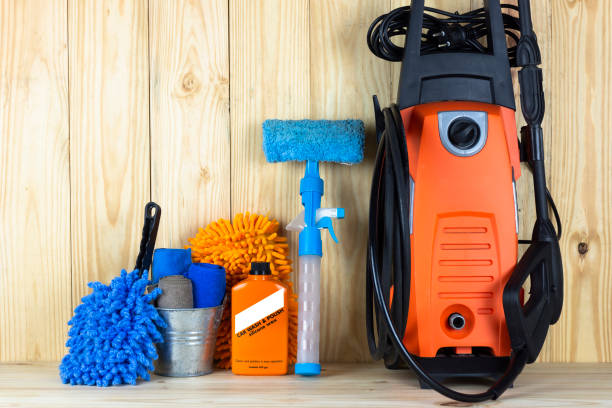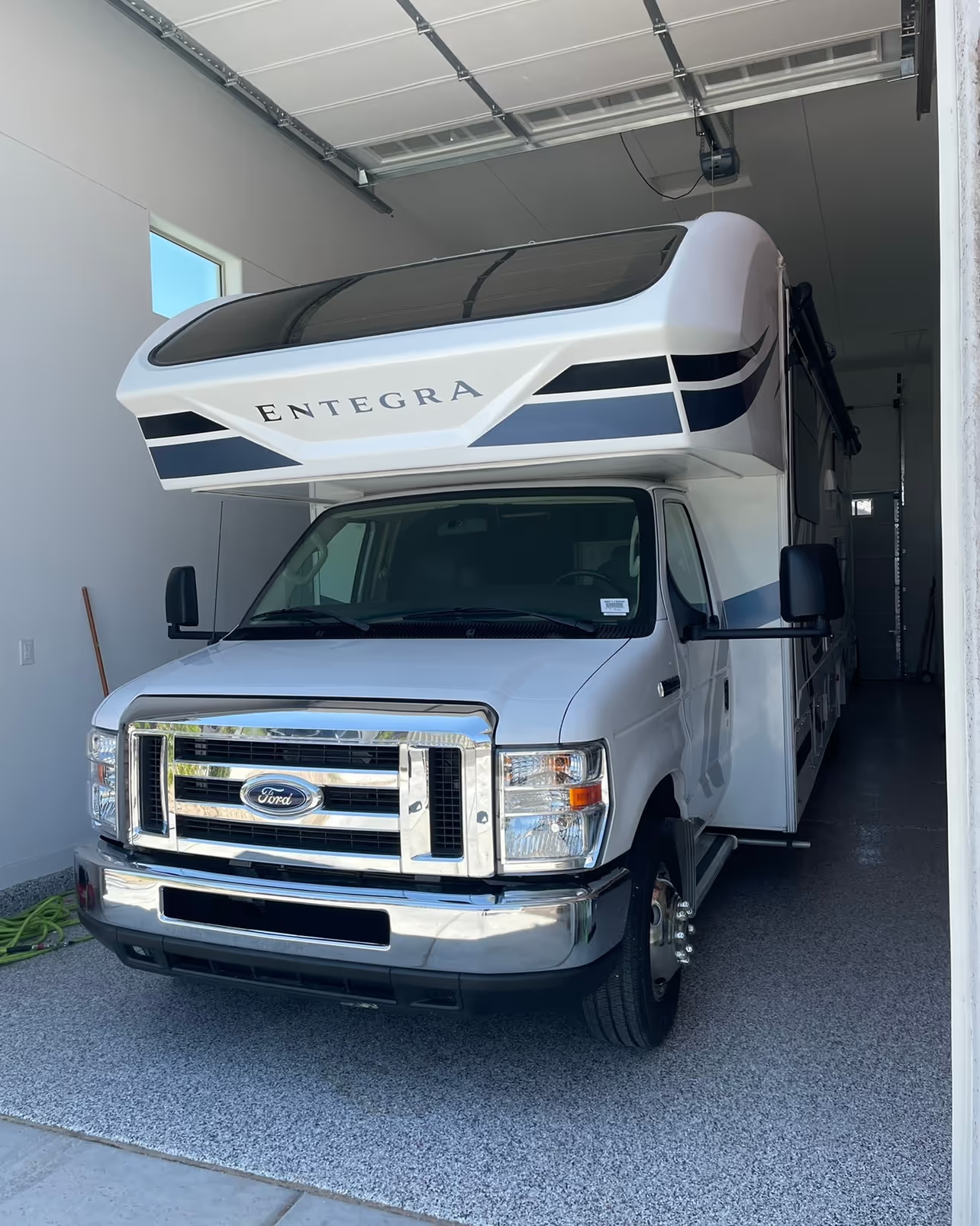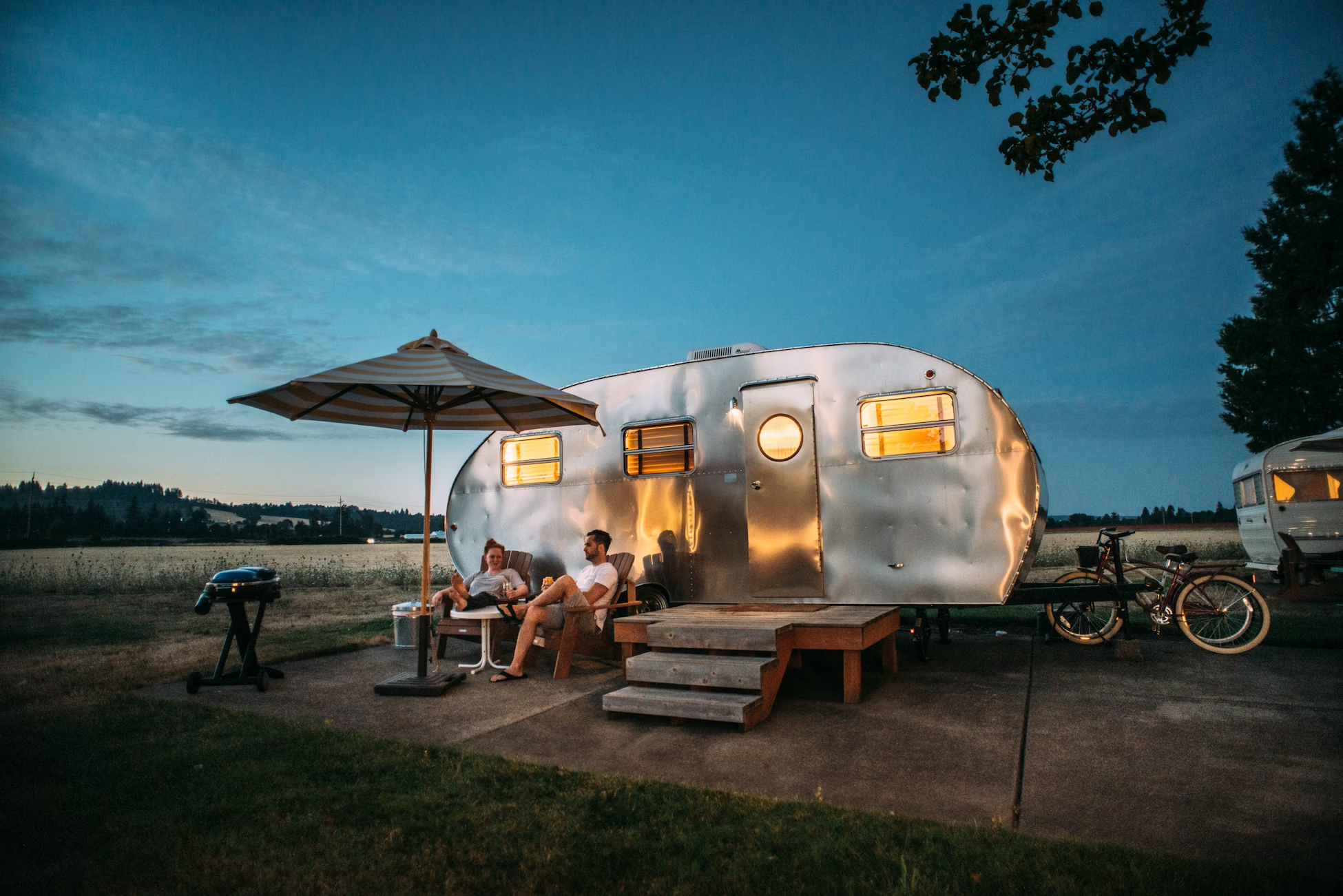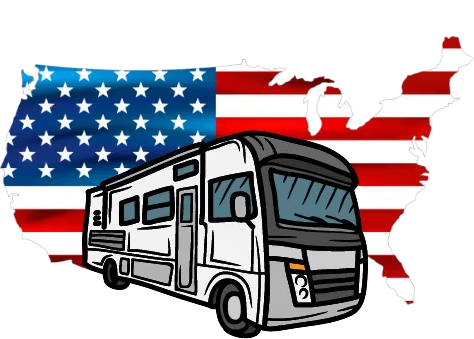The idea of letting strangers drive, sleep in, and live out of your RV might feel risky—especially if you’ve taken pride in caring for it yourself. Many owners hesitate to rent because they assume it will cause damage, accelerate wear, and lower resale value.
But here’s the truth most RV owners miss:
Putting your RV into a professional rental management program can actually preserve—and even improve—its condition!
Yes, renting your RV can be good for it. When done right, it leads to better maintenance, more frequent servicing, proactive inspections, and cleaner, better-cared-for vehicles than most privately owned rigs.
In this article, we’ll break down exactly why that’s the case and why partnering with a company like RV Management USA might be the smartest decision you can make—not just for your wallet, but for the long-term health of your RV.
Table of Contents
- The Biggest Myth About Renting Out Your RV
- Rental Management vs. Private Use: Who Cares Better?
- More Usage = More Oversight
- Regular Cleanings Preserve More Than Just Appearance
- Inspection Protocols Catch Small Issues Early
- Proactive Maintenance Keeps Systems Running Smooth
- Vendor Access Means Faster, Cheaper Repairs
- Documentation That Adds Resale Value
- Final Thoughts
1. The Biggest Myth About Renting Out Your RV

Most owners assume that more use equals more damage. It’s a logical thought—but only if you're imagining a free-for-all, unregulated rental experience.
That’s not how it works in a professional management program like RV Management USA.
In reality, RVs that sit idle for months or years suffer just as much, if not more. When you don't use your RV regularly, you run into:
- Dead batteries
- Dry seals that crack and leak
- Water heater corrosion
- Mold and mildew buildup
- Rodent infestations
- Unnoticed tire degradation
- System failures from stagnation
In contrast, RVs in managed rental programs are started, driven, cleaned, checked, and inspected constantly.
In many ways, that means they’re in better condition than the average personal-use RV.
2. Rental Management vs. Private Use: Who Cares Better?
Let’s be honest—most RV owners don’t do 50-point inspections before and after every trip. They don’t keep mileage logs, maintenance journals, or strict seasonal checklists. And unless something breaks, they don’t schedule preventive maintenance either.
Now compare that to a managed rental program like RVM, where every RV gets:
- A detailed walkaround before and after every rental
- Scheduled maintenance intervals based on mileage and usage
- Cleanings that double as system checks
- Systematic documentation of all wear and repairs
- A local Territory Manager who sees the unit weekly
It’s not an emotional relationship—it’s a business process. And that level of oversight keeps your RV in top shape.
3. More Usage = More Oversight
Unlike a rig that sits unused most of the year, an RV in a rental program is actively monitored.
That means:
- Systems are tested every few days or weeks, not once a season
- Small problems are found quickly and fixed before they grow
- Tires get checked and replaced on time if needed
- Fluids get topped off regularly
- Slide-outs, seals, and gaskets are monitored frequently
This “use and maintain” cycle is healthier than “store and hope.”
With a professional watching over it, your RV doesn’t get forgotten—it gets routine attention from people trained to spot issues before they become expensive.
4. Regular Cleanings Preserve More Than Just Appearance
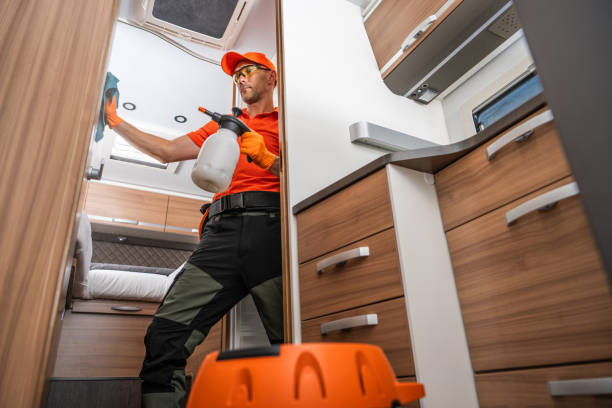
A clean RV isn’t just for show—it’s part of long-term care.
In managed programs, every RV is cleaned thoroughly after each rental. That includes:
- Disinfecting kitchens and bathrooms
- Scrubbing flooring and corners
- Shampooing or steaming upholstery
- Cleaning out fridges, freezers, and sink drains
- Flushing and sanitizing holding tanks
- Deodorizing air and airing out fabrics
Cleanings like this don’t just delight guests—they prevent mold, bacteria, corrosion, and pests. They also help managers spot early signs of leaks, cracks, or soft spots—before real damage sets in.
5. Inspection Protocols Catch Small Issues Early
Every trip starts and ends with a checklist. RVM Territory Managers don’t guess—they use standard inspection forms covering:
- Exterior damage
- Roof condition
- Interior fit and finish
- Slide-outs and awnings
- Tire wear and inflation
- Power, plumbing, HVAC, and propane systems
- Lights, detectors, and safety gear
That means nothing goes unseen for long.
Compare that to the average owner who notices issues once something stops working—or worse, when water damage becomes visible. In rental management, you catch it early and fix it fast.
6. Proactive Maintenance Keeps Systems Running Smooth
Rental RVs are workhorses. That means they need care on a schedule—not just when something breaks.
Programs like RVM apply strict preventative care protocols, including:
- Oil changes every 3,000–5,000 miles or 100 hours
- Roof resealing every 6–12 months
- Furnace and A/C inspections before each season
- Brake checks, battery testing, and tire rotation
- Generator servicing at hourly intervals
- Tank flushes and freshwater sanitization
Instead of falling behind, your RV gets ahead of wear—ensuring longer lifespan and fewer big-ticket surprises.
7. Vendor Access Means Faster, Cheaper Repairs
Another bonus of rental management? Access to trusted vendors.
If you try to fix a busted water pump or fridge fan on your own, you’ll pay retail rates and wait in line. But in a program like RVM:
- Local vendor relationships = faster service
- Mobile techs can come to your storage lot
- Repeat business = discounted rates
- Vendor history is tracked, improving repair quality over time
The result? Faster turnaround. Less downtime. Lower repair bills.
That means fewer canceled rentals and more reliable earnings.
8. Documentation That Adds Resale Value

Here’s a bonus most owners never think about: maintenance records boost resale price.
When you eventually go to sell or trade in your RV, you’ll be competing with units that have no proof of care, vague usage history, and questionable condition.
But with RVM, your RV has:
- Full service history
- Documented inspections
- Proof of consistent usage and maintenance
- Photos of the unit after every trip
- Records of major replacements or upgrades
That kind of paper trail makes your RV more attractive to private buyers and dealers—and can add thousands to your resale price.
9. Final Thoughts
Renting out your RV may feel risky—but only if you go it alone.
With a professional rental management program like RV Management USA, your RV gets consistent care, expert oversight, and proactive protection—all while earning income. You’re not just outsourcing bookings. You’re handing over the keys to a system that keeps your RV clean, inspected, maintained, and road-ready at all times.
In the end, renting isn’t bad for your RV. It’s the best thing that could happen to it.
– RVM Team
